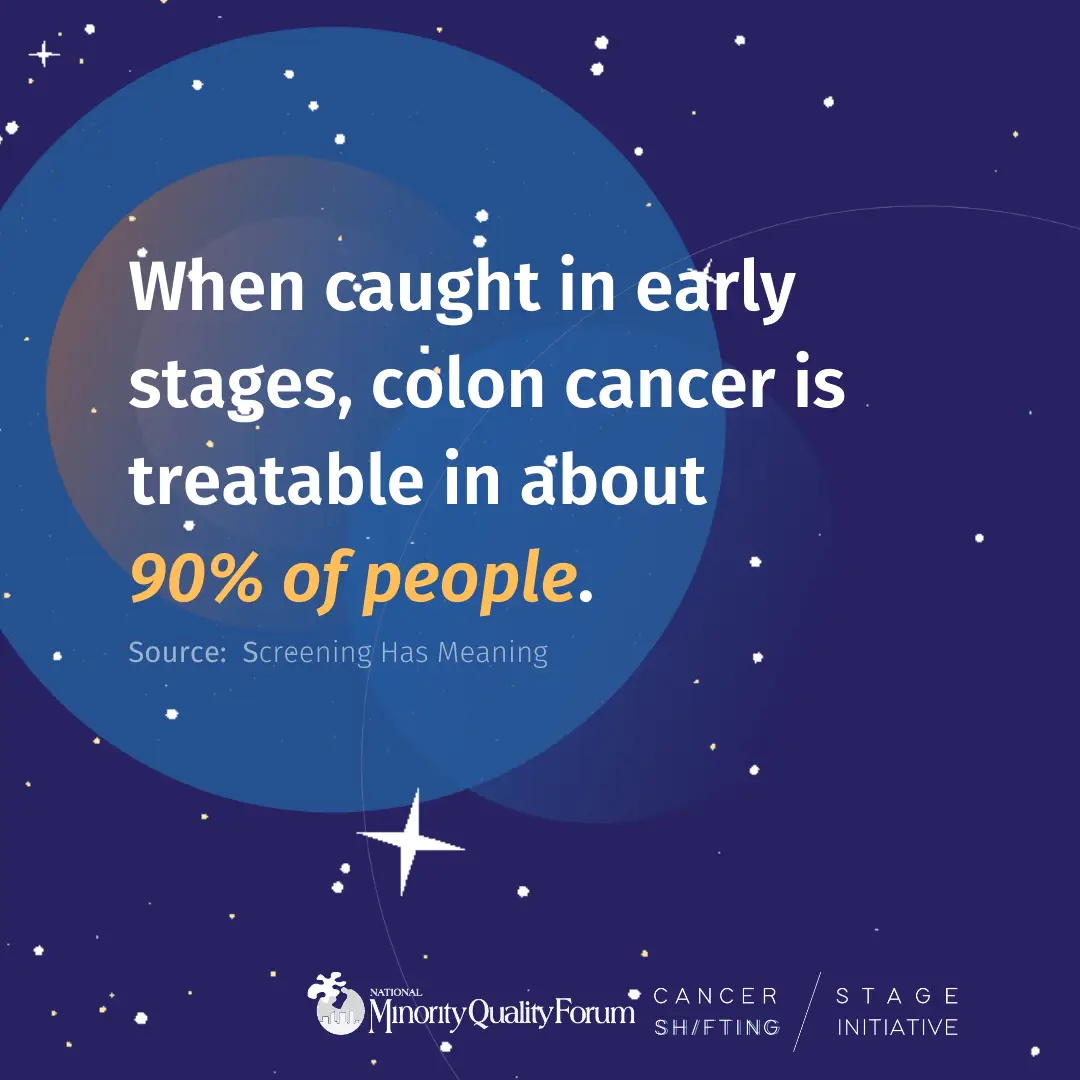
The following article discusses the U.S. Food and Drug Administration’s (FDA) recent approval of LEQEMBI® IQLIK™ (lecanemab-irmb), a new subcutaneous injection option for the maintenance treatment of early Alzheimer’s disease. The content is for informational purposes only and is based on a press release and publicly available clinical trial data.
For individuals living with early Alzheimer’s disease (AD) and their care partners, managing a chronic condition often involves frequent clinic visits and complex treatment schedules. A major advancement in easing this burden has arrived with the U.S. Food and Drug Administration’s (FDA) approval of LEQEMBI® IQLIK™ (lecanemab-irmb), a subcutaneous injection for maintenance dosing. This approval introduces the first and only anti-amyloid treatment that offers an at-home injection option for patients who have completed their initial intravenous (IV) treatment.
What Is LEQEMBI IQLIK?
LEQEMBI IQLIK™ is a once-weekly subcutaneous autoinjector containing 360 mg/1.8 mL (200 mg/mL) of lecanemab-irmb. Designed for self-administration in about 15 seconds, it is indicated for patients with mild cognitive impairment (MCI) or mild dementia stage of AD (early AD). Treatment begins with 18 months of biweekly IV infusions. After this induction phase, patients may either continue IV infusions once every four weeks or switch to the new weekly injection. The therapy is expected to launch in the U.S. on October 6, 2025.
Why This Matters
- For patients and caregivers: Enables at-home use, saves time, and reduces reliance on infusion centers, helping sustain treatment without disruption.
- For healthcare systems: Frees up infusion capacity for new patients, reducing strain on nursing staff and resources.
- For disease management: Supports continuity of treatment, slowing disease progression, and helping patients maintain cognitive function and independence for longer.
Clinical Validation
The FDA’s decision was based on the Phase 3 Clarity AD open-label extension trial, which showed that switching to weekly subcutaneous dosing preserved the clinical and biomarker benefits of IV infusions. In over 600 patients studied, safety outcomes were comparable, with far fewer systemic reactions (<1% vs. 26% with IV infusions). Mild local skin reactions (about 11%) did not interfere with continued use. Importantly, Amyloid-Related Imaging Abnormalities (ARIA) rates were similar between subcutaneous and IV treatments.
Mechanism of Action
Leqembi works by targeting amyloid plaque and protofibrils, the most toxic beta-amyloid species linked to brain damage and cognitive decline. Clinical studies demonstrated a 27% reduction in cognitive decline at 18 months compared to placebo, with sustained benefits over 48 months.
Safety Considerations
Like other monoclonal antibodies, LEQEMBI carries the risk of ARIA, which can be serious or even fatal. Monitoring with MRI scans is required, and patients with the ApoE ε4 gene variant are at higher risk. Common side effects include headache, mild rash, and nausea, though most occur early in treatment.
Patient Access and Support
Eisai, in partnership with Biogen, will provide patient navigators, co-pay support, and a Patient Assistance Program to ensure access for eligible uninsured and underinsured patients, including those on Medicare.
For resources, education, and support on Alzheimer’s disease, visit talkaboutalz.org.
Trending Topics
Features
- Drive Toolkit
Download and distribute powerful vaccination QI resources for your community.
- Health Champions
Sign up now to support health equity and sustainable health outcomes in your community.
- Cancer Early Detection
MCED tests use a simple blood draw to screen for many kinds of cancer at once.
- PR
FYHN is a bridge connecting health information providers to BIPOC communities in a trusted environment.
- Medicare
Discover an honest look at our Medicare system.
- Alliance for Representative Clinical Trials
ARC was launched to create a network of community clinicians to diversify and bring clinical trials to communities of color and other communities that have been underrepresented.
- Reducing Patient Risk
The single most important purpose of our healthcare system is to reduce patient risk for an acute event.
- Jessica Wilson
- Victor Mejia
- Jessica Wilson


















